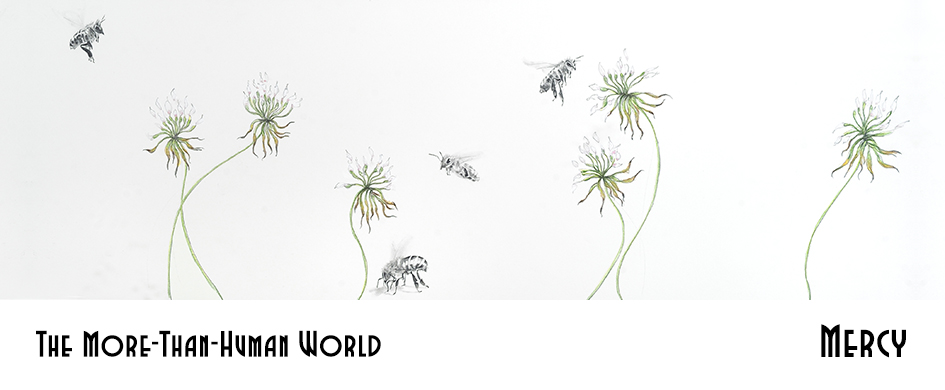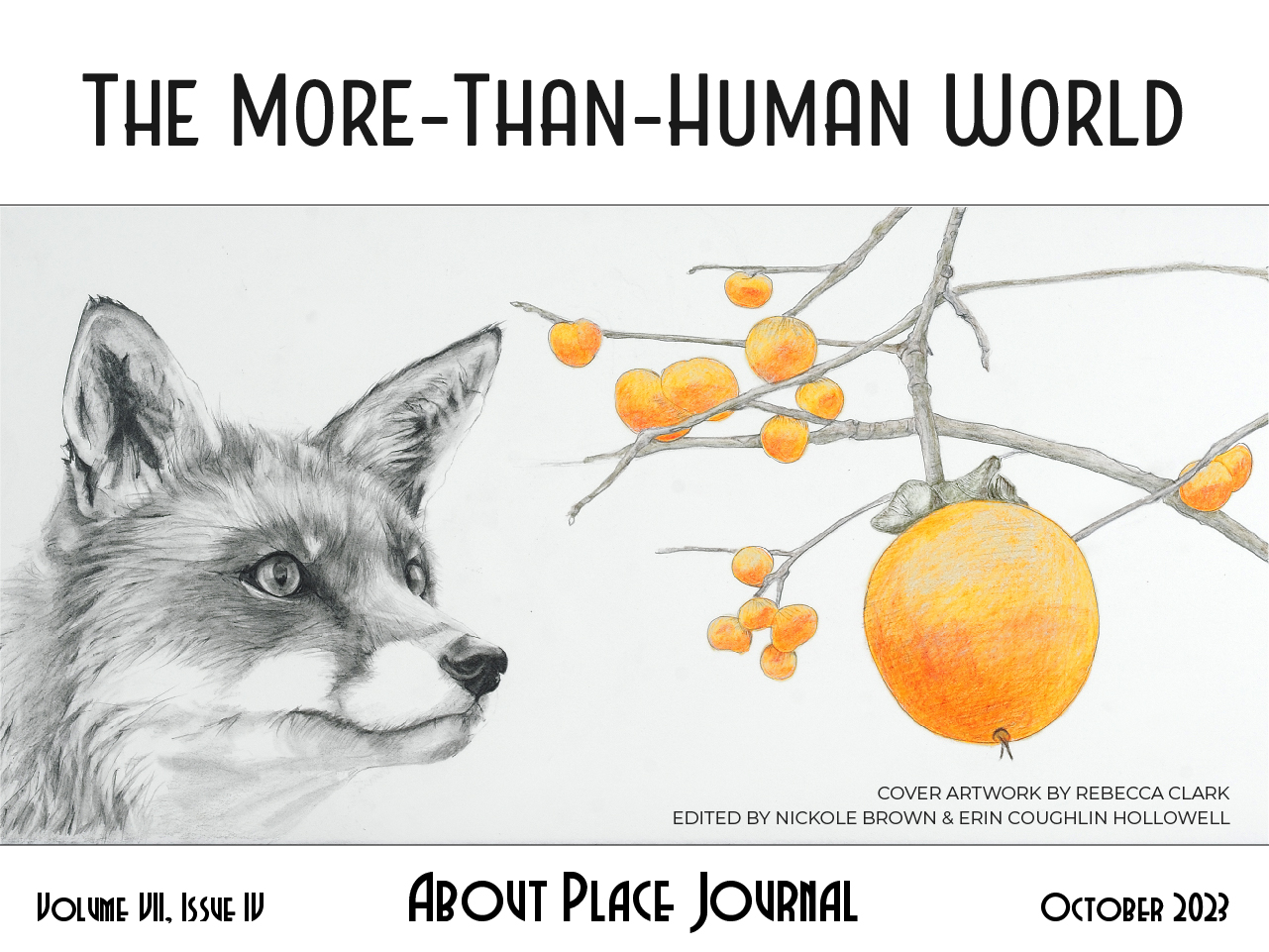Humility’s not his strong suit,
nor subtlety.
He’s a circus unto himself:
high-stepping leader of the band,
popcorn barker, clown,
a dandy in blue lamé.
What’s missing among his talents
is a song to warble from treetops
in his own rendition of love.
He can’t, alas;
he’s a shrieker not a crooner.
The thrush can deliver
one thousand heart-breaking tunes;
and the jay? just a few squawks,
a yodel or two. Off-key.
It doesn’t seem fair.
Yet he makes the most of his world,
which is more than the rest of us can say.
He’s expert at mobbing owls,
mimics red-tail hawks;
he’s a town crier for the bird world,
raising alarms when danger’s afoot—
choice parent, faithful mate,
inquisitive to a fault.
Singing isn’t everything.
Our garden seems incomplete
until he swoops to a fence post,
impatient for corn.
All wings and mouth,
he drops from heaven
like a chunk of sky.
There’s sunshine on his wings,
glitter in his eyes—such
a torch of blue feathers.


